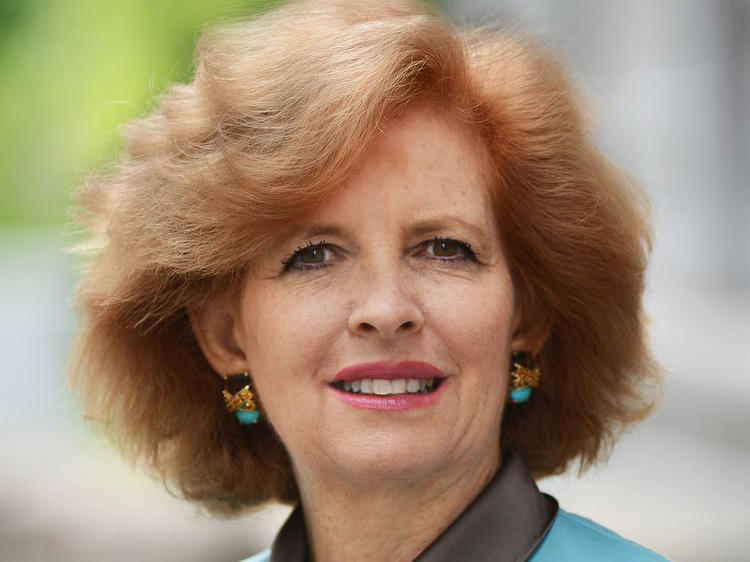She has adjudicated trade disputes between nations, practiced corporate law, served in government, and worked for top nonprofits. And everything she has learned she has tried to impart to Columbia students.
“I’m a proud Columbian, having first been a student at our law school, and later returning as a scholar and teacher,” says Merit E. Janow ’88LAW, who has written several books on international trade and investment. “I’ve always enjoyed helping people prepare for their own careers in the world of policy. That’s part of the joy of it all.”
Janow, a professor at the School of International and Public Affairs since 1994, became dean of SIPA on July 1.
“Merit’s strength as a scholar and her deep experience with international public policy make her ideally suited to lead the school,” says President Lee C. Bollinger.
Janow began her career practicing law privately in New York City and soon established herself as an expert on international trade and Japan. From 1989 to 1993, she was a deputy assistant US trade representative for Japan and China, negotiating trade agreements between the US and those two nations. In 1997, Janow, who by then was teaching at SIPA and Columbia Law School, also worked at the Department of Justice as the executive director of an international antitrust advisory committee to the US attorney general. In 2003, she was elected to the appellate body of the World Trade Organization, which hears final appeals in international trade disputes. During a four-year tenure, she reviewed dozens of appeals pertaining to agricultural subsidies, goods and services, and environmental regulations, among other issues.
In recent years, Janow has increasingly shifted her focus to teaching and scholarship. She has directed SIPA’s international finance and economic policy concentration and codirected Columbia’s Asia-Pacific Economic Cooperation Study Center.
She says that leading SIPA appeals to her in part because of President Bollinger’s focus on expanding Columbia’s mission as a global university.
“It’s a privilege to lead this renowned school, especially at a time when Columbia is engaging the question of what a global university is and needs to be,” Janow says. “SIPA has long been one of the most global of public-policy schools. That doesn’t mean that everything we do is concerned with policy at the international level, but it does mean that SIPA has economists, lawyers, health specialists, policy experts, and others who are making vital contributions to solving the complex, multidimensional problems facing the world today.”



